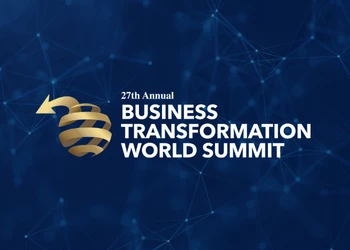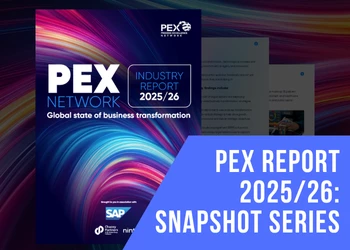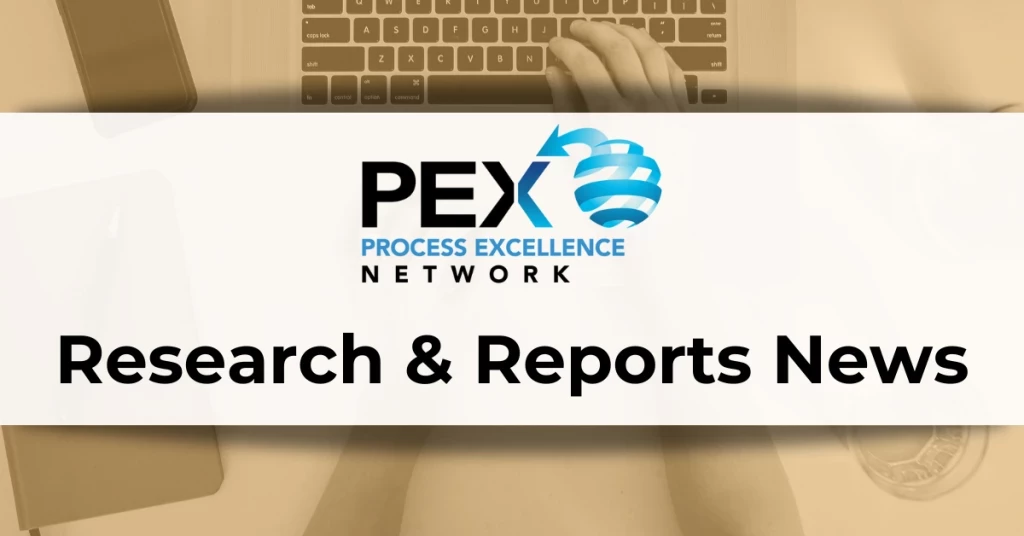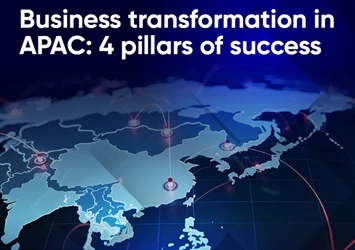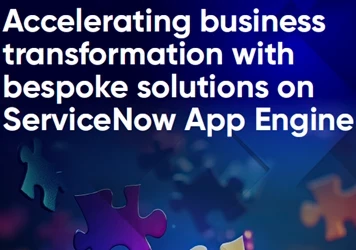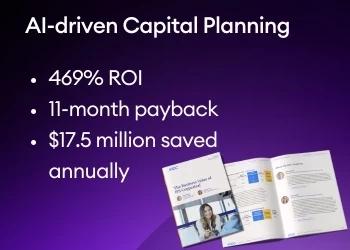The future of work
Add bookmarkWhat will work look like in the future? I joined a panel of experts at Warwick Business School to set out our vision for the future of the workplace, and take questions from the audience of MBA students, Warwick alumni and guests afterwards.
Kate Levchuk's bold predictions for a future seem extreme - but when she shows her working, altogether too plausible. And arguably less extreme than how different our lives are today from where they were a few decades back. Always prepared to stick her neck out, Kate is going to feature on the PEX Podcast series shortly.
Alisa Patotskaya co-founder of Immersive Fox, demonstrated just how quickly augmented reality apps can start to be put together. While we're all familiar with turning our selfies into cartoon characters and monsters, it's clearly powerful pattern-recognising tech that has the potential for business uses. Alisa's own career - from software engineer at Facebook to entrepreneur - may be a template for others who want to get experience and credibility with an established business but ultimately set their own rules.
Dana Muntean from Workplace at Facebook was the event moderator and as well as introducing us on stage, spoke about the way that communication and employee engagement are at the core of a healthy organization - demonstrating how Workbook has taken the Facebook sensibility and made it business relevant for global organizations like Starbucks.
My contribution to the evening was a run through some of the future-looking findings of The PEX Report 2018.
With a cultural divide opening up between those who think their job is at risk of being automated versus those who are doing the automating, and presumably think their job is safe, I asked whether there would be a robot doing my own job based on a computer-generated hoodie offered for sale to me on a social media platform.
Clearly, I too have some skin in the automation game.
We also looked at the career trajectory a young person entering the job market today might reasonably expect, examined the benefits of making mistakes if you want to be an innovator, and raised the question of what human capital really means: we cannot continue to judgeyoung people on a narrow band of criteria and then squander the talents of those who don't fit in. Digital worlds may actually be a huge opportunity for those who have been previously shunned by the system.
During the panel discussion, I also managed to get a sly dig in at social media giants (will they continue to be giants if they mis-use our data?), suggest that the office could go the same way as high street retailers (does the office environment still add value?) and recommend that the best skills to teach an audience member's three-year-old are not Cantonese and coding; curiosity, kindness and happiness are all learnable skills, I said, and shouldn't be neglected.
Thanks to Warwick Business School for hosting the event, and to Tracy Lynch for being in charge of everything from the refreshments to finding the right cables for all the speakers' various laptops, pads and phones: a truly diverse event from the technology to the panel to the audience!
Photos of Kate and me are by Oliver Gaffikin https://olivision.net


